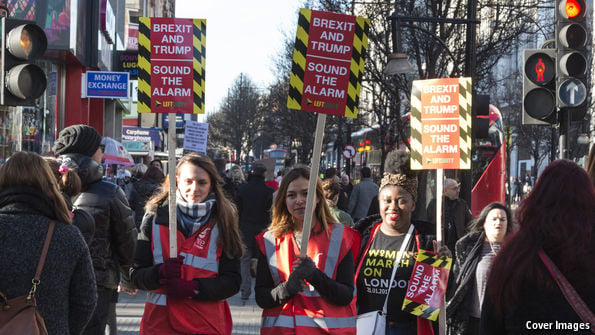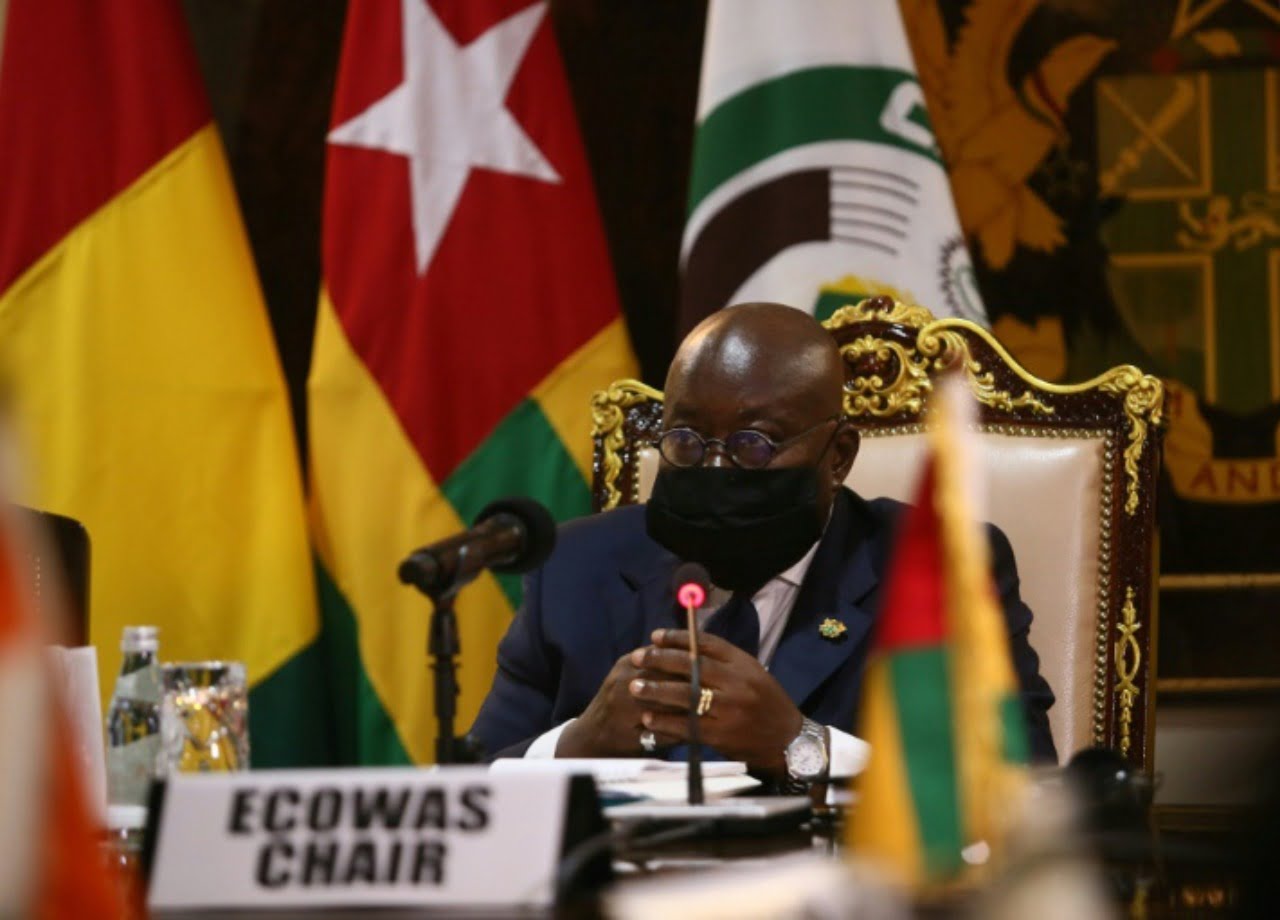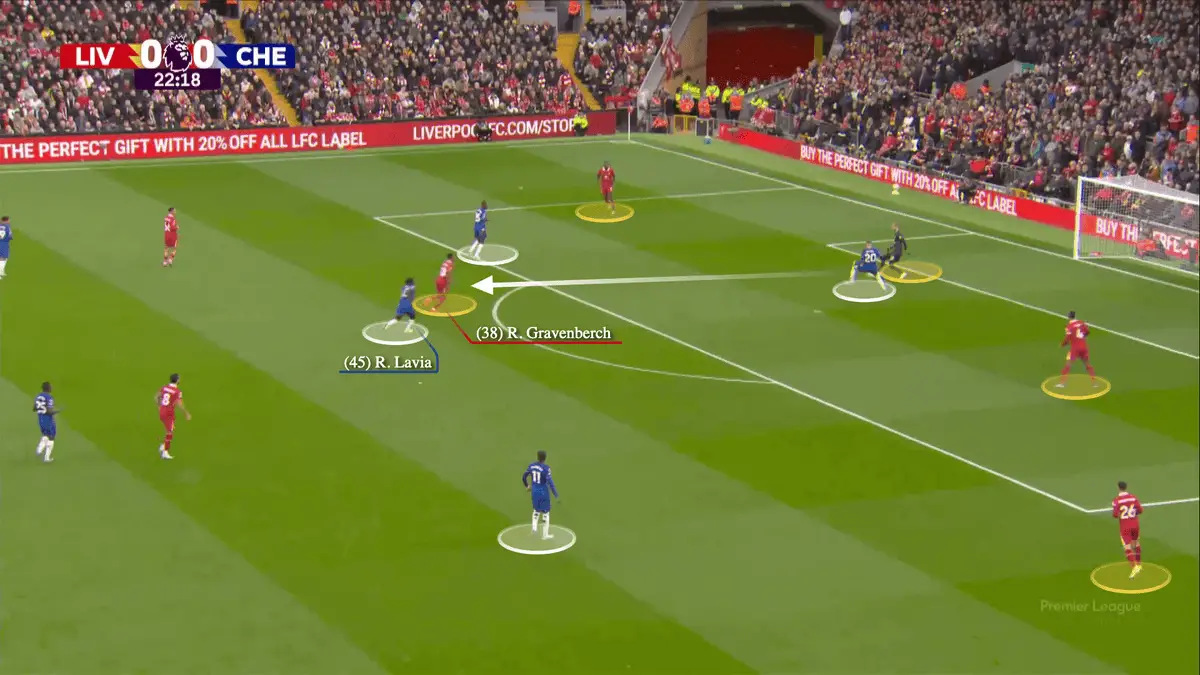
COMPARISONS between Donald Trump’s presidential win and Britain’s vote to leave the European Union have often been overdone. Though during the campaign Mr Trump called himself “Mr Brexit” and promised “Brexit plus, plus, plus” for America, many Britons voted for Leave who would not dream of supporting him. The debates and issues involved were often different. The racial dimension was much less pronounced in Britain. Yet there are affinities, as a successful British petition shows.
Launched on January 29th it urges the British government to cancel Mr Trump’s summer state visit to Britain. Such trips are considered an honour. They are not afforded to all presidents and involve staying with the monarch. The petition says the “embarrassment to Her Majesty the Queen” would be unacceptable. At the time of writing, it had attracted 1.4m signatories and climbing, far above the 100,000 needed for Members of Parliament to consider debating the issue in Parliament. Nonetheless, the government says it will not change its plans.

Enthusiasm for the petition is not uniform, the proportions having signed it ranging from around 1% to 10% from place to place. Here the overlap with Brexit becomes clear. The Economist has charted petition “turnout” by constituency with support for Remain in the EU referendum. The resulting graphic shows the stark correlation between the two sets of figures: it seems places that didn’t like Brexit don’t like Mr Trump. Proportions of petition signatories are highest in cosmopolitan and heavily Remain-voting cities like Brighton, Bristol and Cambridge, all with unusually large populations of university-educated, white-collar residents. And they are lowest in older, post-industrial, pro-Brexit bastions where skills are relatively low: Wolverhampton, Redcar and Doncaster, for example.
This tells us several things. First, geographical patterns of opposition to Mr Trump in America may well be reflected in other countries too. Second, the demographics of his support and support for Brexit speak to similarities between the two phenomena (their “pull up the drawbridge” character in particular). Third, Britain’s divide over Brexit was not a one-off: the political behaviour of cosmopolitan places and nativist ones remains quite distinct. And fourth: there are many thousands of British people, many of them living in or near the capital, who may be minded to line the streets, protest and generally cause disruption when Mr Trump comes to London. He should not expect a warm welcome.







